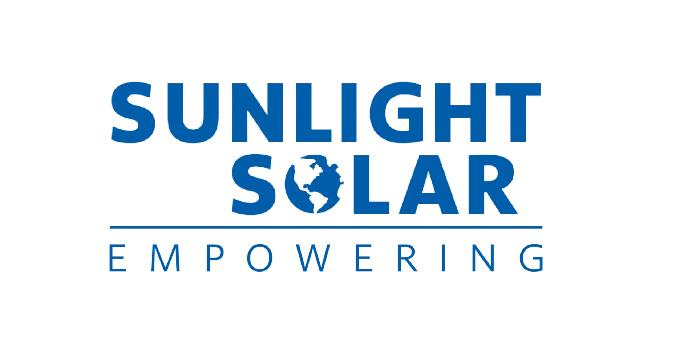HOW DOES SOLAR WORK?
New to Solar? Let's Start with the Basics
What is solar electricity?
Solar electricity is also known as Photovoltaics or “PV” for short. Energy produced by a PV system flows as a stream of electrons to an inverter, which converts the direct current (DC) energy into an alternating current (AC) that can be used to power appliances and other electrical loads.
The step-by-step process:
SOLAR PANELS
When sunlight strikes the photovoltaic (PV) modules aka solar panels, it produces a flow of electrons that the solar cells convert into DC (direct current) electricity.
INVERTERS
Your home runs off of AC electricity, or alternating current. We install an inverter to convert the DC electricity from the panels to the AC electricity for your home.
ELECTRICAL PANEL
The panel is filled with circuit breakers that control the amount of electricity going to different areas of your home. Your inverter will have its own breaker dedicated to your solar system.
NET METER
The inverter connects to a new breaker in your electrical panel that feeds electricity into your home. Any energy overflow will be fed back to the grid through the net meter and accrued as utility credits.
BATTERY STORAGE
Batteries can be paired with solar systems so you can store the electricity you produce. Storing your own energy offers resiliency and energy independence from the grid.
UTILITY
Without batteries, your system will depend on the grid to maintain power production. Your utility will credit you for your excess energy produced, and thank you for making their grid more green.
